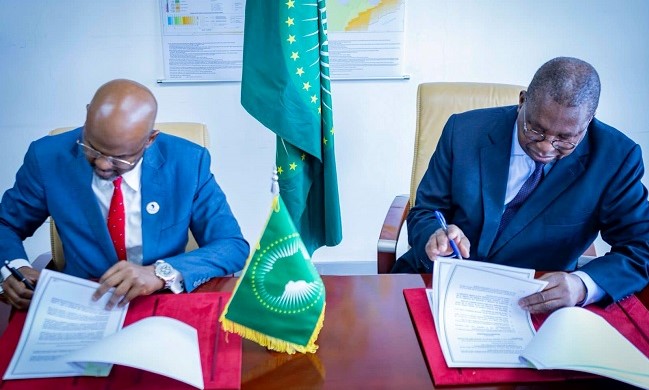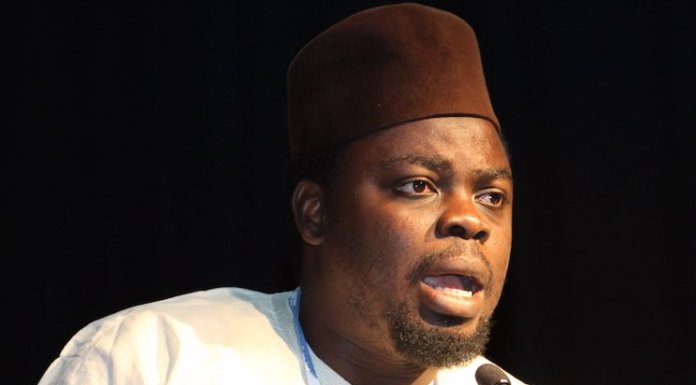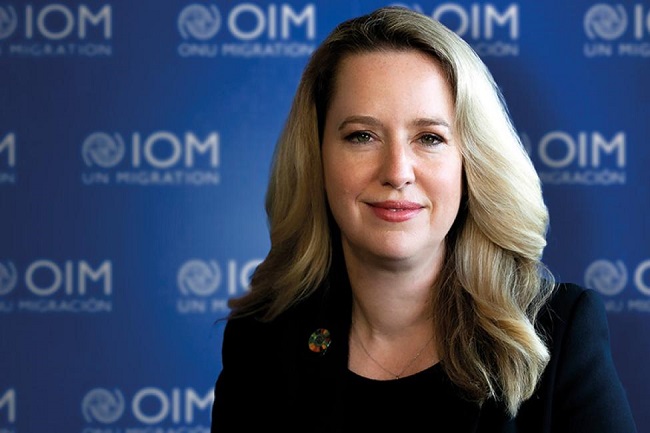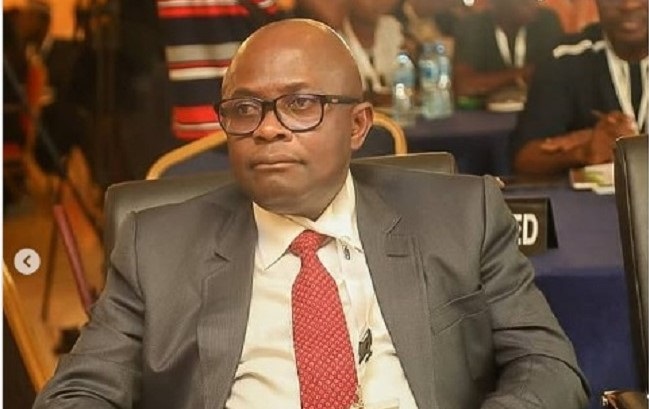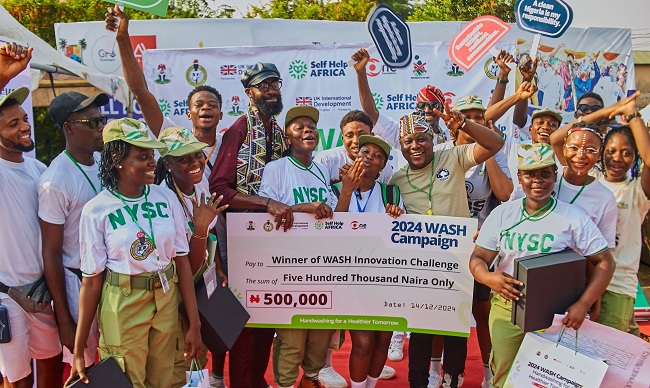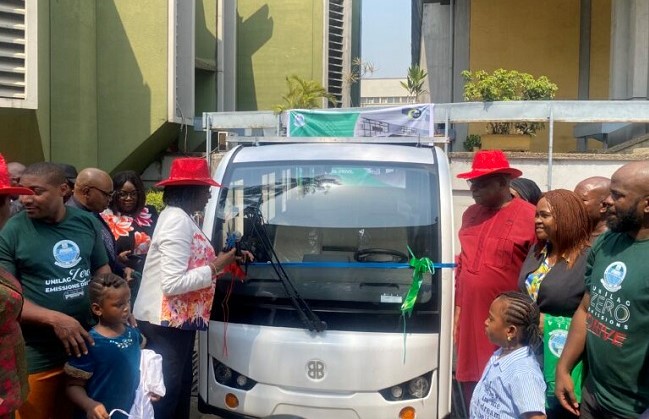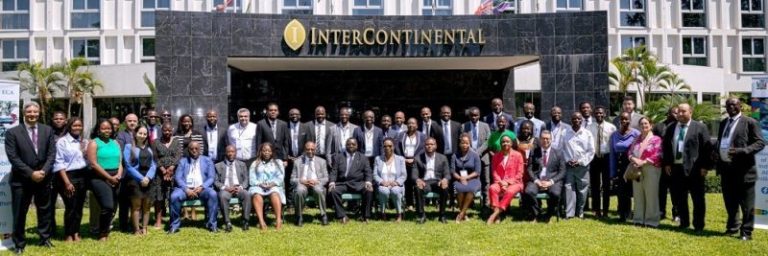Casablanca, Morocco’s largest city, is to become the newest member of C40 Cities, joining a global network of nearly 100 cities committed to urgent and equitable climate action.

According to C40 Cities, Casablanca’s membership reinforces the growing momentum for transformative change to address the climate crisis.
As Morocco’s largest city (population: 4.2 million) and economic hub, Casablanca is taking bold steps to support the implementation of the Paris Agreement, reduce emissions and enhance climate resilience.
Key initiatives instigated by Mayor Nabila Rmili include expanding sustainable transport with new tram lines and high-efficiency buses, restoring public spaces through revegetation and land rehabilitation, and reusing wastewater to sustain urban green areas. Public awareness campaigns have also been launched to promote preserving natural resources.
Like many African cities, Casablanca is on the frontline of the climate emergency. Six consecutive years of drought and a rapidly changing climate, causing record temperatures leading to more evaporation, have threatened water supplies across Morocco, endangering public health and the economy.
Casablanca’s membership was approved by the C40 Steering Committee meeting in Rio de Janeiro in November. The city will officially become a C40 member in January 2025.
Casablanca becomes the 14th African city in the C40 network and the first in North Africa. The city, which has already developed a territorial local development plan, is committed to develop a compliant climate action plan that will deliver action consistent with the ambitions of the Paris Agreement, and addresses both the need to reduce greenhouse gas (GHG) emissions and to adapt to the impacts of climate change.These targets aim to reduce climate risks while delivering social and economic benefits equitably across all communities.
C40 will collaborate closely with Casablanca to mainstream climate action into city planning, share best practices, and support the implementation of its climate action plan.
Nabila Rmili, Mayor of Casablanca said: “Joining the C40 Cities network is an important step for Casablanca, highlighting our dedication to growing sustainably.
“By working together, we aim to become better at tackling the climate crisis, cut down on harmful emissions, and ensure that all our residents benefit fairly from these efforts while collaborating with C40 cities from around the world.”
Yvonne Aki-Sawyerr OBE, Mayor of Freetown and Co-Chair of C40 Cities said: “I am delighted to welcome Casablanca to the C40 network, further strengthening the voice and leadership of cities in the Global South in taking climate actions.
“Communities across Africa are united by the urgent need to respond to the climate crisis, and it is critical that we work together to implement solutions that address these challenges while fostering equitable development.
“I look forward to supporting Mayor Rmili and the people of Casablanca as they pursue their ambitious climate goals.”
Cisse Bacongo , Minister Governor of the Autonomous District of Abidjan, C40 Vice Chair for Africa said: ‘’We are delighted with the cultural diversity that Casablanca, the largest city in the Maghreb, will bring to the C40 network.
“Africa will then be represented within the C40 network from north to south, east to west, but above all with greater linguistic diversity. We look forward to exchanging views with the city on initiatives that are essential to the fight against climate change in Africa, in particular those relating to resilience and the revegetation of green spaces.”
Mark Watts, C40 Executive Director said: “As we close a pivotal year for climate action, I am delighted to welcome Casablanca as the newest member of the C40 network.
“Under Mayor Rmili’s leadership, Casablanca has already made significant progress in expanding green transportation, water conservation, and climate resilience.
“I look forward to seeing how, together, C40 and Casablanca will drive forward innovative solutions, accelerate climate action, and share knowledge across our global network of cities.”
Dora Modise, C40 Africa Regional Director, said: “We are excited to welcome Casablanca as the 14th African city to join the C40 network.
“The city exemplifies the resilience, ambition, and innovation that characterise our continent’s response to the climate crisis. Casablanca’s membership in C40 Cities is a significant milestone for Africa.”

